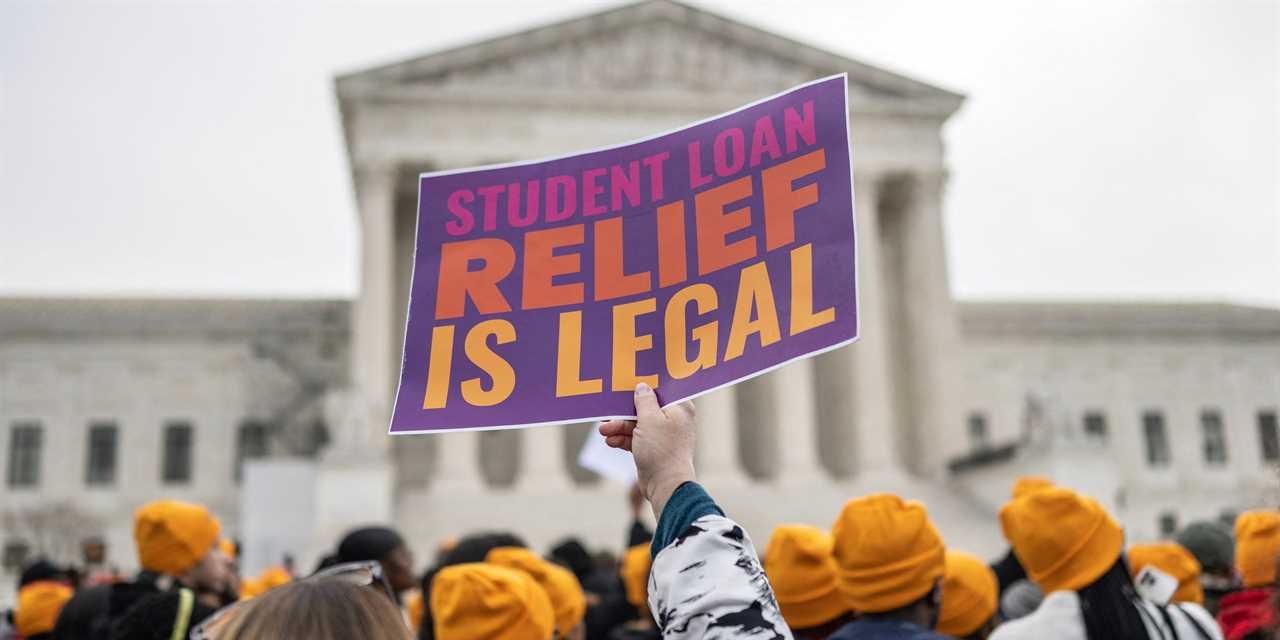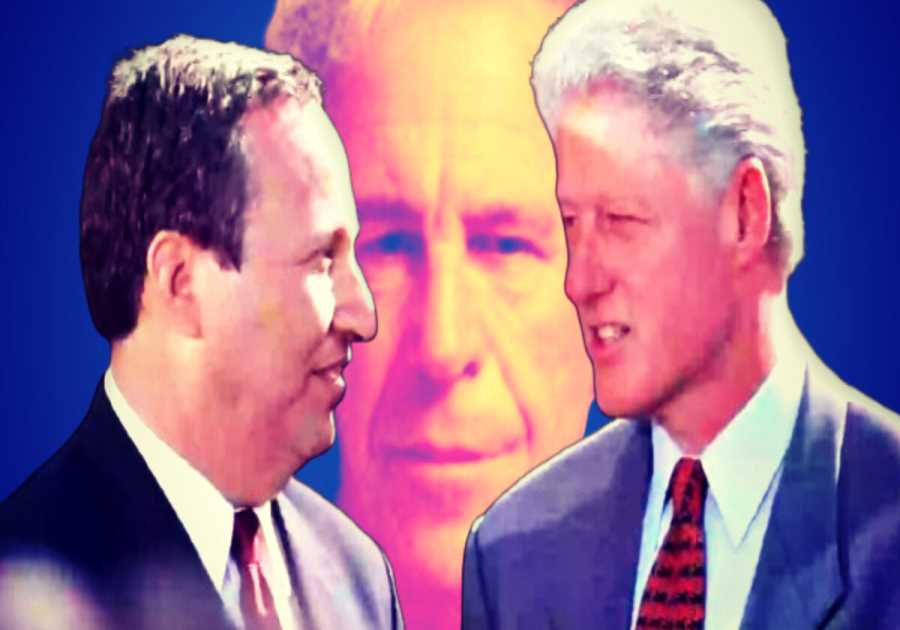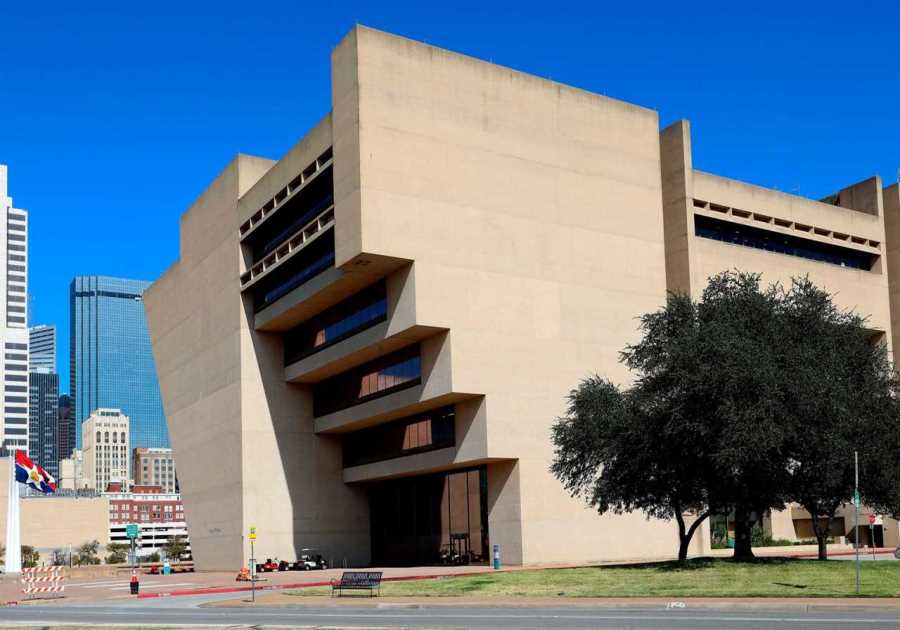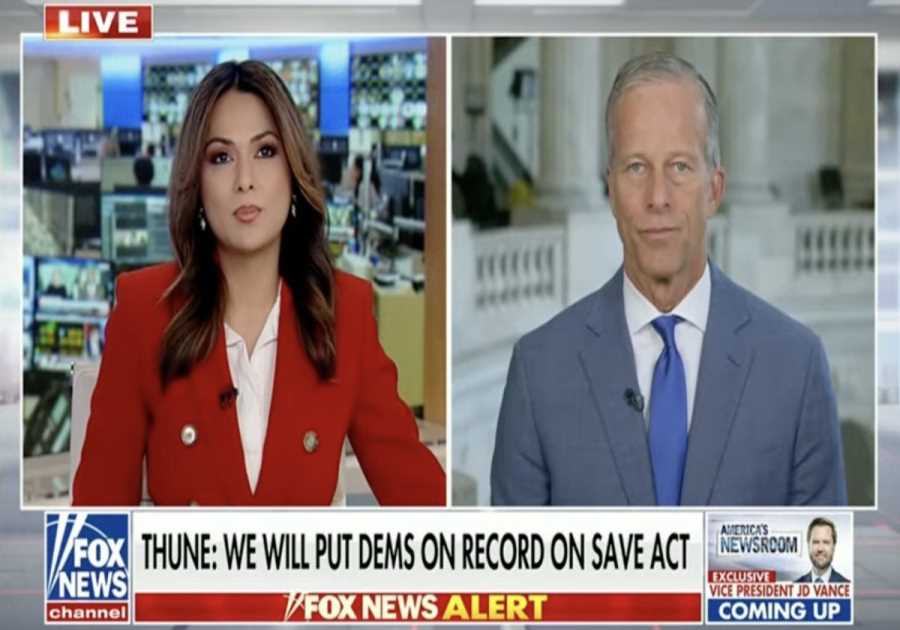Kevin Dietsch/Getty Images
- The Supreme Court rejected an appeal to halt debt relief for borrowers who say they were defrauded.
- The appeal argued that the Higher Education Act couldn't be used to discharge debt related to fraud.
- The Higher Education Act has been floated as another way for Biden to pursue his debt-relief plan.
We just got another sign that President Joe Biden's student-loan forgiveness might not be doomed — even if the Supreme Court strikes it down the first time around.
The Supreme Court is already considering whether Biden's plan to cancel up to $20,000 in student debt for federal borrowers is legal. It heard oral arguments in the case in February, and it will decide by June whether millions of borrowers will see a reduction to their balances this year.
But that's not the latest legal challenge to a student-debt-relief policy. At the end of March, three schools asked the Supreme Court to halt $6 billion in debt relief for 200,000 student-loan borrowers through a settlement the Education Department agreed to last summer. Under former President Donald Trump, a lawsuit — now known as Sweet v. Cardona — was filed on behalf of borrowers whose borrower-defense claims had been stalled. Borrower-defense claims allow borrowers to file claims if they believe they were defrauded by the school they attended. If approved, their debt would be discharged.
Since the case wasn't resolved under Trump, Biden took it on, and a federal judge signed off on the relief in November. But three of the schools named in the settlement — Lincoln Educational Services Corporation, American National University, and Everglades College — argued in an appeal challenging the settlement that they were not given due process to respond to the claims, and they wanted the Supreme Court to place a stay on the relief as the appeals process plays out.
The Supreme Court rejected their request on Thursday, allowing the relief to move forward. That means that at least five of the justices disagreed with the schools' claim that Biden cannot cancel student debt under the Higher Education Act. That could be significant if the court strikes down Biden's broader relief, as some legal experts and lawmakers think the Higher Education Act could serve as an alternate route for canceling millions of Americans' student debt.
Biden's broad relief plan used the HEROES Act of 2003 to cancel student debt, which gives the Education secretary the ability to waive or modify student-loan balances in connection with a national emergency, like COVID-19. Critics of the plan argued the broad relief was an overstep of that authority and required congressional approval, while the Education Department maintained it had the authority to use that law to help borrowers recover from the financial impacts of the pandemic.
But the schools in the borrower-defense appeal targeted the Higher Education Act, which allows the Education secretary to approve borrower-defense claims under the provision in the law that provides the secretary the authority to "enforce, pay, compromise, waive, or release any right, title, claim, lien, or demand" related to student loans. The schools said if the Supreme Court strikes down Biden's broad debt relief, "the Secretary could turn around and cancel the same debts under his claimed HEA authority."
The schools said doing so would be illegal — but the Supreme Court didn't see it that way.
How Biden's broad student-debt relief factors in
The three schools argued that the Education Department could not use the Higher Education Act to authorize the student-debt relief in the borrower-defense settlement. They said that such relief cannot be implemented without congressional approval, and that the outcome of Biden's broad debt relief would have a "significant impact" on their lawsuit.
Their schools' logic mirrors arguments made in the two lawsuits — Department of Education v. Brown and Biden v. Nebraska — aiming to block the broader debt relief. In those cases, the Supreme Court is weighing whether the HEROES Act gives Biden the authority to broadly forgive student debt, similar to the schools' question of whether the HEA gives him the authority to broadly settle borrower-defense claims.
This week's move by the court to deny the schools' appeal could signal that the justices would look favorably on Biden's authority under the HEA. That could mean that the Supreme Court would accept broader relief using that law, even if they strike down the current plan based on the HEROES Act.
The White House has previously rejected the idea of a backup plan for the broader relief, saying in January that "we are not deliberating or considering any other kind of alternative approach. We're fully committed to the approach that the Secretary of Education used in this case, and we're confident in our legal authority."
But as Insider previously reported, the Higher Education Act could be another way to get relief to millions of borrowers. In February 2021, Senate Majority Leader Chuck Schumer, Sen. Elizabeth Warren of Massachusetts, and Rep. Ayanna Pressley of Massachusetts led a group of Democratic colleagues in introducing a resolution calling for Biden to cancel student debt using the HEA. It has support from legal experts at Harvard Law School, as well, who wrote in a memo that the "Secretary has the authority to modify a loan to zero, and exercises this authority even in the absence of any implementing regulations."
The Education Department argued that the borrower-defense case is fundamentally different from the broader loan forgiveness, writing in its response to the Supreme Court that "there is no dispute that the Secretary has statutory authorization to provide discharges and refunds to borrowers who have made borrower-defense claims," and they pushed back on the schools' attempt to connect the broad debt-relief cases with this settlement.
"The cases are entirely distinct," the department wrote. "This case involves a settlement of litigation involving affirmative applications for relief under a statute and existing regulations providing for loan discharge, not a new program instituted by the Department. The settlement provides remedies to a class certified by the district court over the government's objection, not one created by the Department. The settlement rests on statutory authorities separate from those at issue in Nebraska and Brown."

ANDREW CABALLERO-REYNOLDS/AFP via Getty Images
'This case has nothing to do' with the broad debt-relief plan
The student-loan borrowers represented in the settlement filed a response to the Supreme Court, as well, pushing back on the schools' request for a stay on the relief.
"Contrary to the impression left by the stay application, this case has nothing to do with the Biden Administration's broad student-loan cancellation program," they wrote.
"This is instead a sui generis attack by three schools that intervened to object to the settlement of a long-running class action, claiming that it offends their procedural due-process rights and visits reputational harm upon them," they added. "But the schools identify no concrete injury, much less irreparable harm, that is both traceable to the settlement and redressable via the relief they now seek."
As Insider previously reported, the impacted borrowers have been waiting years for relief, and the Education Department has already begun discharging some of their loans under the timelines agreed to in the settlement. A stay would cause "harm to borrowers, the government, and the public," the borrowers' response said.
The Supreme Court's decision to reject the schools' request and allow the relief to move forward could offer a glimpse into how it might rule should the president choose to use the Higher Education Act for broad debt relief in the future. Still, along with the lawsuits against broad debt relief, the payment pause is also being challenged — leaving millions of borrowers in financial limbo.
Read More
By: [email protected] (Ayelet Sheffey)
Title: There's another legal route Biden can use to cancel student debt, and the Supreme Court's latest move shows the justices could be open to it
Sourced From: www.businessinsider.com/what-happens-if-student-loan-forgiveness-gets-struck-down-hea-2023-4
Published Date: Sun, 16 Apr 2023 11:30:00 +0000
.png)





